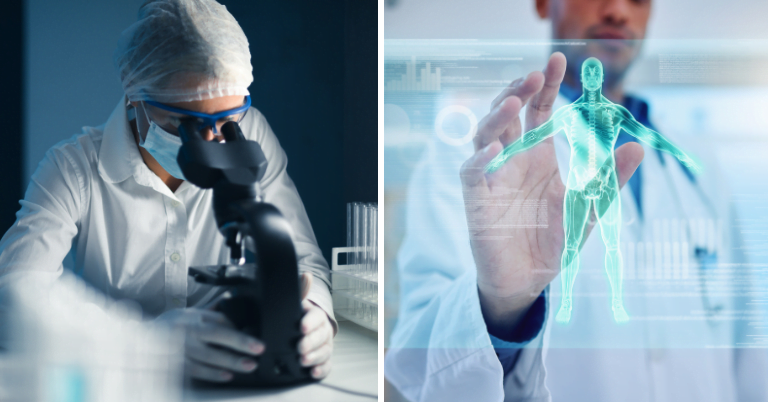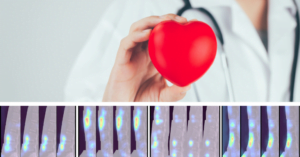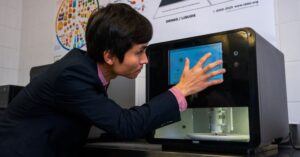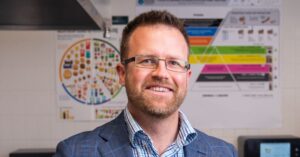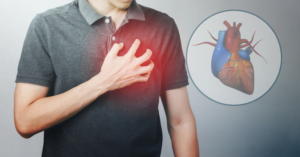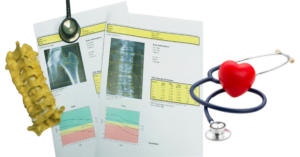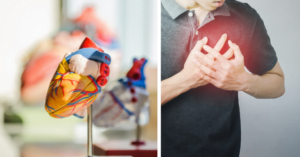Artificial intelligence is changing the world at a dizzying speed, but can computers yet match the human brain? In some cases, says Professor David Suter at Edith Cowan University, computers are far better.
Professor Suter is spearheading ECU’s efforts to harness artificial intelligence (AI) and machine learning technology to improve human lives.
“Intelligent machines are influencing nearly every facet of our lives to help improve efficiencies and augment our human capabilities,” Professor Suter says.
Intelligent machines are influencing nearly every facet of our lives to help improve efficiencies and augment our human capabilities.
To many people, AI technology is part of a futuristic world of driverless vehicles and autonomous robots. Professor Suter indeed does work in this field, recently embarking on research aiming to improve the ability of vehicles to better detect obstacles in their path.
However, AI is also proving to be a gamechanger in the field of medical research – transforming clinicians’ ability to accurately and rapidly diagnose disease.

Testing heart risk with the touch of a button
AI technology may soon enable clinicians to pinpoint future risk of heart attack or stroke with a simple scan.
Recent research by ECU researcher Associate Professor Joshua Lewis found the machines used for routine bone density scans could also be used to search for predictive markers of cardiovascular disease. Currently, though, analysing the scans can only be done by slow and costly means, with expert physicians scrutinising the scans.
Professor Suter is taking this research to the next level – his team is investigating how to use machines to spot the predictive markers on the routine scan, years before symptoms arise.
“We hope to ultimately develop a cheap, safe, quick and reproducible test that will save lives,” he said.
ECU is working with the Universities of Manchester, Western Australia, Southampton, and Minnesota, INSERM and the Hinda and Arthur Marcus Institute for Aging Research, a research affiliate of Harvard Medical School on the project.
The team is also joining forces with international AI experts from Germany, US, Singapore and New Zealand, supported by 5million Euro of German Government funding, called the Leibniz Future AI Lab, and dedicated to AI applications across a range of health-related initiatives.
Credit: ECU World-Class Research


